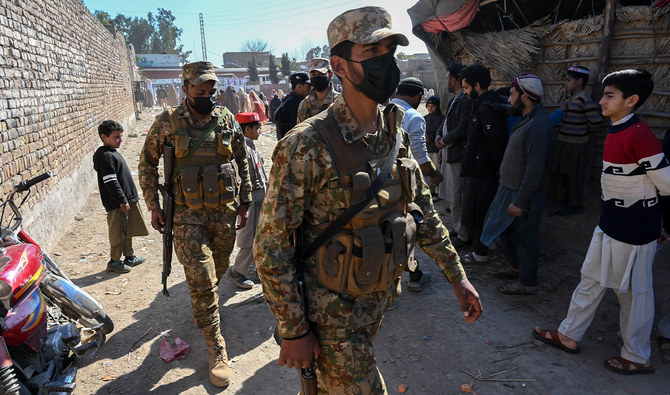As Pakistan fights a resurgent wave of terrorism, officials insist they can keep a few thousand Chinese nationals safe. This year, hundreds of local civilians and security personnel have been killed. Pakistan, a major ally of China, has seen billions in energy and infrastructure projects through the China-Pakistan Economic Corridor (CPEC), part of Beijing’s global Belt and Road initiative.
However, Islamist militants and Baloch insurgents targeting Chinese nationals and projects have affected CPEC. Since 2017, at least 19 Chinese nationals have been killed in Pakistan. The March suicide attack in Besham, a town in northwestern Pakistan, followed militants storming a government compound in Gwadar, home to a Chinese-built deep-sea port.
To save one of its most critical relationships, Pakistan quickly revamped protocols, promising “fool-proof” security for Chinese nationals in meetings with Chinese leaders. In June, Pakistan announced a new nationwide anti-terrorism campaign. This came after a senior Chinese official told Pakistani politicians that the security situation was shaking Chinese investors’ confidence.
Pakistan has a dedicated military division and special provincial police units to provide security for Chinese nationals and projects. Local intelligence units keep records of where the foreigners live and work. Chinese nationals usually travel in bullet-proof vehicles with a police escort. One percent of any project’s cost involving Chinese workers is budgeted for security.
Large-scale projects are often isolated from nearby towns to limit public access. Locals hired to work at secured sites with barbed wires and cameras must clear police background checks.
“There is pressure,” a counterterrorism officer said, speaking on background about the new push in Pakistan. The goal is to ensure they closely follow existing security protocols for Chinese nationals and projects.


